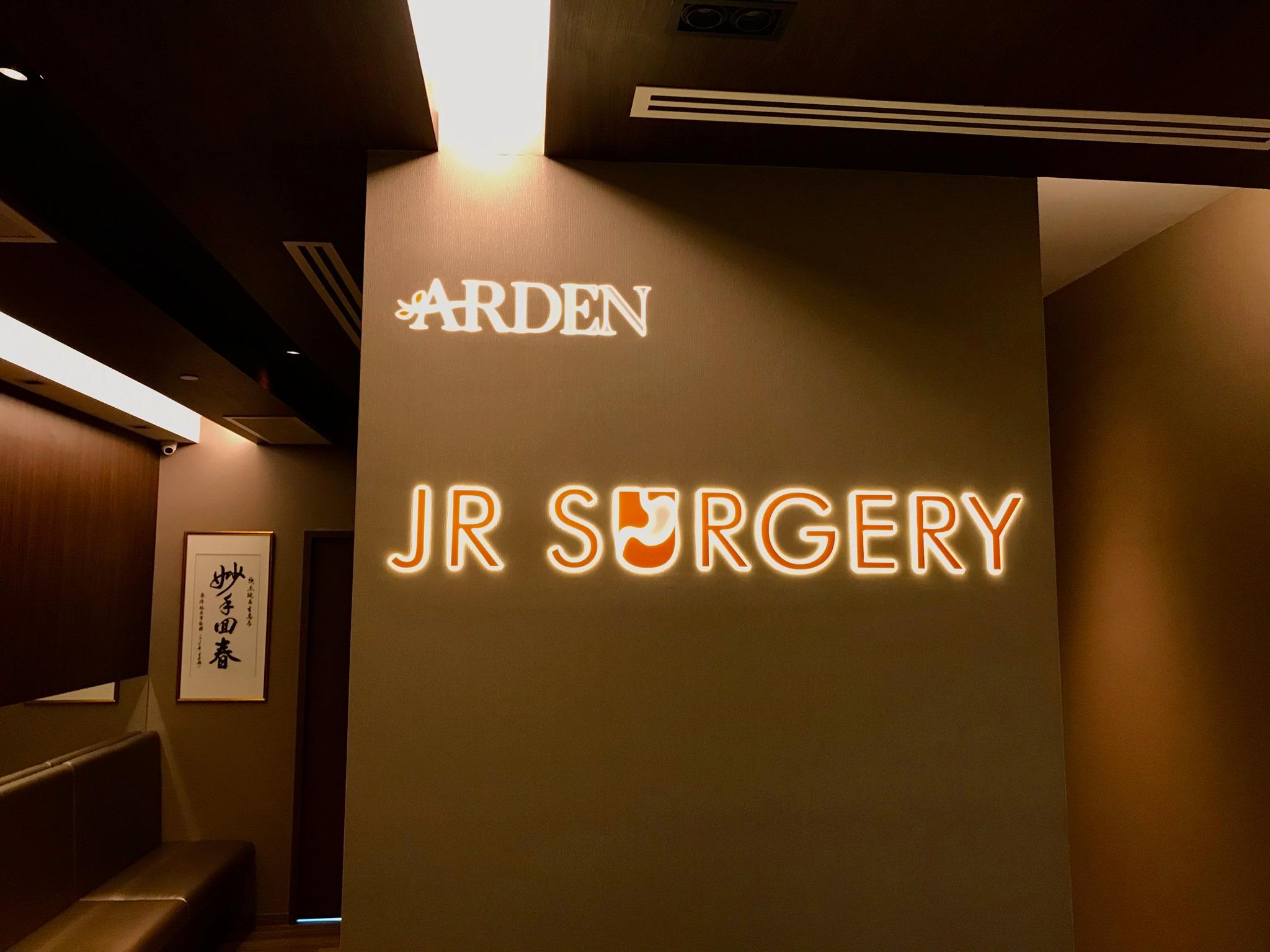In today’s medical landscape, early and accurate diagnosis plays a crucial role in effective treatment. One of the most valuable diagnostic tools available is endoscopy, a minimally invasive procedure that allows doctors to view the inside of the body in real-time. In Singapore, endoscopy is a widely practiced procedure, trusted by both patients and specialists for diagnosing and treating various gastrointestinal (GI) conditions with precision and safety.
This blog explores everything you need to know about endoscopy in Singapore, including how it works, its benefits, types, costs, and how to choose the right medical provider for your needs.
What is Endoscopy?
Endoscopy is a diagnostic medical procedure where a thin, flexible tube with a camera and light (called an endoscope) is inserted into the body to examine internal organs and structures. This procedure provides high-definition images of the digestive tract, enabling doctors to detect abnormalities such as ulcers, polyps, tumors, inflammation, or bleeding.
Depending on the area being examined, endoscopy can be performed through the mouth (upper GI), the rectum (colonoscopy), or small incisions (laparoscopy).

Common Types of Endoscopy in Singapore
Endoscopy is used for various diagnostic and therapeutic purposes. The most common types performed in Singapore include:
- Gastroscopy (Upper GI Endoscopy)
Used to examine the esophagus, stomach, and upper part of the small intestine (duodenum). It helps diagnose ulcers, acid reflux, gastritis, and early signs of stomach cancer.
- Colonoscopy
This procedure inspects the large intestine (colon) and rectum. It’s essential for detecting colon polyps, colorectal cancer, and causes of chronic diarrhea or constipation.
- Sigmoidoscopy
Similar to a colonoscopy but limited to examining the lower part of the colon. It is less invasive and is sometimes used for routine screening.
- Endoscopic Ultrasound (EUS)
Combines endoscopy with ultrasound to get detailed images of digestive tract organs and surrounding tissues. It is helpful for staging cancers or evaluating pancreatic and biliary diseases.
- ERCP (Endoscopic Retrograde Cholangiopancreatography)
Used to diagnose and treat problems in the liver, gallbladder, bile ducts, and pancreas. It combines endoscopy and X-ray imaging.
Why Choose Endoscopy in Singapore?
Singapore is known for its world-class healthcare system, offering advanced medical technology and highly qualified specialists. Choosing endoscopy in Singapore provides several advantages:
- State-of-the-Art Equipment: Clinics and hospitals are equipped with modern endoscopic systems for accurate diagnostics and minimally invasive treatment.
- Expert Specialists: Gastroenterologists in Singapore are well-trained, often with international experience and certification.
- Timely Appointments: Public and private healthcare options allow patients to access procedures within reasonable timeframes.
- Comprehensive Care: From diagnosis to post-procedure follow-ups, Singapore offers integrated healthcare services.
- Multilingual Staff: Clinics cater to locals and international patients, with staff fluent in English, Mandarin, Malay, and Tamil.
When Should You Consider an Endoscopy?
Your doctor may recommend an endoscopy if you experience:
- Persistent abdominal pain
- Unexplained weight loss
- Chronic indigestion or heartburn
- Difficulty swallowing
- Rectal bleeding or blood in stool
- Chronic constipation or diarrhea
- Family history of gastrointestinal cancers
Early diagnosis via endoscopy can significantly improve outcomes for many GI disorders.
The Endoscopy Procedure: What to Expect
The exact steps of an endoscopy may vary based on the type, but here is a general overview of what patients can expect:
- Preparation:
- For upper GI endoscopy, fasting for 6–8 hours is usually required.
- For colonoscopy, a bowel cleansing process using prescribed laxatives is essential.
- Most endoscopic procedures are done under mild sedation or conscious sedation to ensure comfort.
- The endoscope is gently inserted, and real-time images are viewed on a monitor.
- The procedure usually takes 15–45 minutes.
- During the procedure, tissue samples may be taken (biopsy), or polyps may be removed if necessary.
- After the procedure, patients rest for a short period until the sedation wears off.
- Most can return home the same day.
Costs of Endoscopy in Singapore
The cost of an endoscopy in Singapore can vary depending on the type of procedure, whether it’s performed in a private or public hospital, and whether sedation or biopsy is required.
- Public Hospitals:
- Subsidized rates (with referral and eligibility): SGD 300–800
- Non-subsidized: SGD 800–1,500
- Private Hospitals/Clinics:
- Gastroscopy: SGD 1,000–2,500
- Colonoscopy: SGD 1,500–3,000
- Combined Gastroscopy + Colonoscopy: SGD 2,500–4,000
Insurance or MediSave can help offset some or all of the procedure costs, depending on your plan and eligibility.
Choosing the Right Clinic or Hospital
When selecting a provider for endoscopy in Singapore, consider:
- Accreditation and Reputation: Choose clinics or hospitals with good patient reviews and accreditations.
- Specialist Experience: Look for gastroenterologists with extensive experience and expertise in advanced endoscopic techniques.
- Transparent Pricing: Opt for providers who offer clear cost breakdowns and package pricing.
- Accessibility: Consider the clinic's location and availability for follow-up consultations.
Notable healthcare institutions offering endoscopy in Singapore include National University Hospital (NUH), Singapore General Hospital (SGH), Mount Elizabeth Hospital, and private specialist clinics.
Final Thoughts
Endoscopy is a vital tool in the diagnosis and management of many gastrointestinal conditions. With its minimally invasive approach and high accuracy, it offers peace of mind and timely answers to health concerns. Whether for routine screening or investigating symptoms, endoscopy in Singapore is a reliable and safe choice backed by cutting-edge technology and experienced medical professionals.
If you’re experiencing digestive discomfort or have been advised to undergo an endoscopy, don’t delay. Consult a qualified gastroenterologist in Singapore to understand your options and take proactive steps towards better digestive health.
